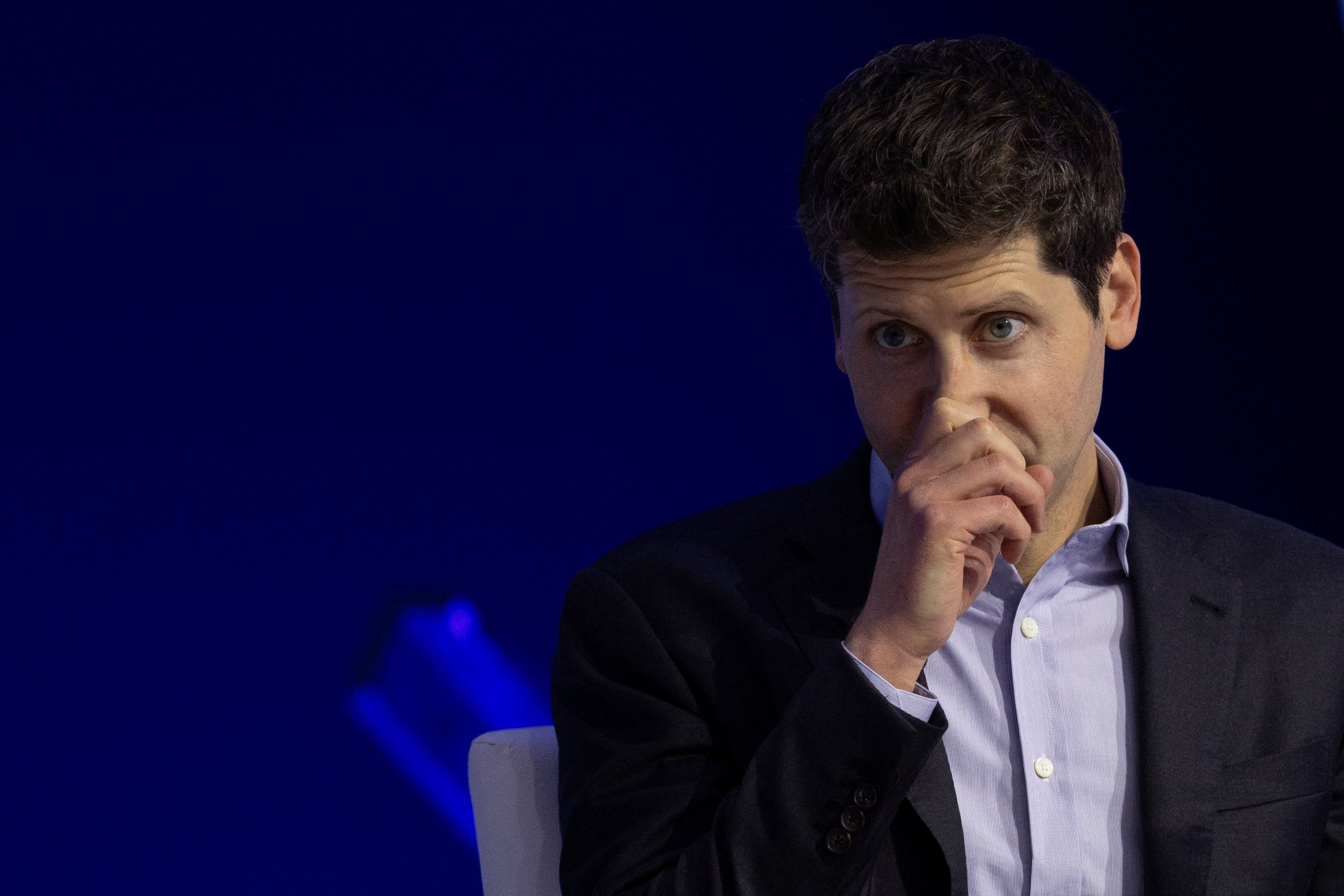On Friday, the tech world was abuzz with the news that Sam Altman, the 38-year-old co-founder of OpenAI, had been pink-slipped by the firm’s board of directors after a hastily called Google Meet. OpenAI’s other co-founder, Greg Brockman, also decided to leave the company after the board demoted him in the same meeting. By late Sunday, they both had new jobs.
According to insiders, Altman had been moving “too fast” in the development of new AI technology. Board members were reportedly concerned about OpenAI’s recent developer conference and the announcement of a means for anyone to create their own versions of ChatGPT. Ilya Sutskever, a key researcher and board member who was also one of the co-founders of OpenAI, was reportedly concerned about the dangers posed by OpenAI’s technology and believed Altman was downplaying that risk. The board was also apparently uncomfortable with Altman’s attempt to raise $100 billion from investors in the Middle East and SoftBank founder Masayoshi Son to establish a new microchip development company.
Altman’s firing was only possible because of the unique corporate structure of OpenAI. Despite being a co-founder, Altman had no equity in the company. The company’s board controls OpenAI’s 501(c)(3) charity, OpenAI Inc., which was established via a charter to “ensure that safe artificial general intelligence is developed and benefits all of humanity.” That charter takes “precedence over any obligation to generate a profit.”
Altman did not take it lying down. On Saturday night, he tweeted “i love the openai team so much.” Hundreds of employees, including interim CEO Mira Murati and COO Brad Lightcap, liked or reposted the tweet within the hour. Over the weekend, investors also rallied behind Altman, including Thrive Capital, Tiger Global, Khosla Ventures, and Sequoia Capital. A plan to sell as much as $1 billion in employee stock now hangs in the balance; Thrive Capital was set to lead that tender offer and to value OpenAI at $86bn.
Despite the pressure, OpenAI’s board chose not to reinstate Altman – they refused to meet his demands of there being a new board and governance structure – and announced Sunday evening that Emmett Shear, former chief executive of Twitch, will replace him as CEO. Shear faces a tough job, given that so many OpenAI staffers had threatened to quit unless Altman returned.
But some of them may have a landing pad: Microsoft CEO Satya Nadella posted late Sunday on X that Altman, Brockman, and their team will be joining Microsoft to lead a “new advanced AI research team.”
